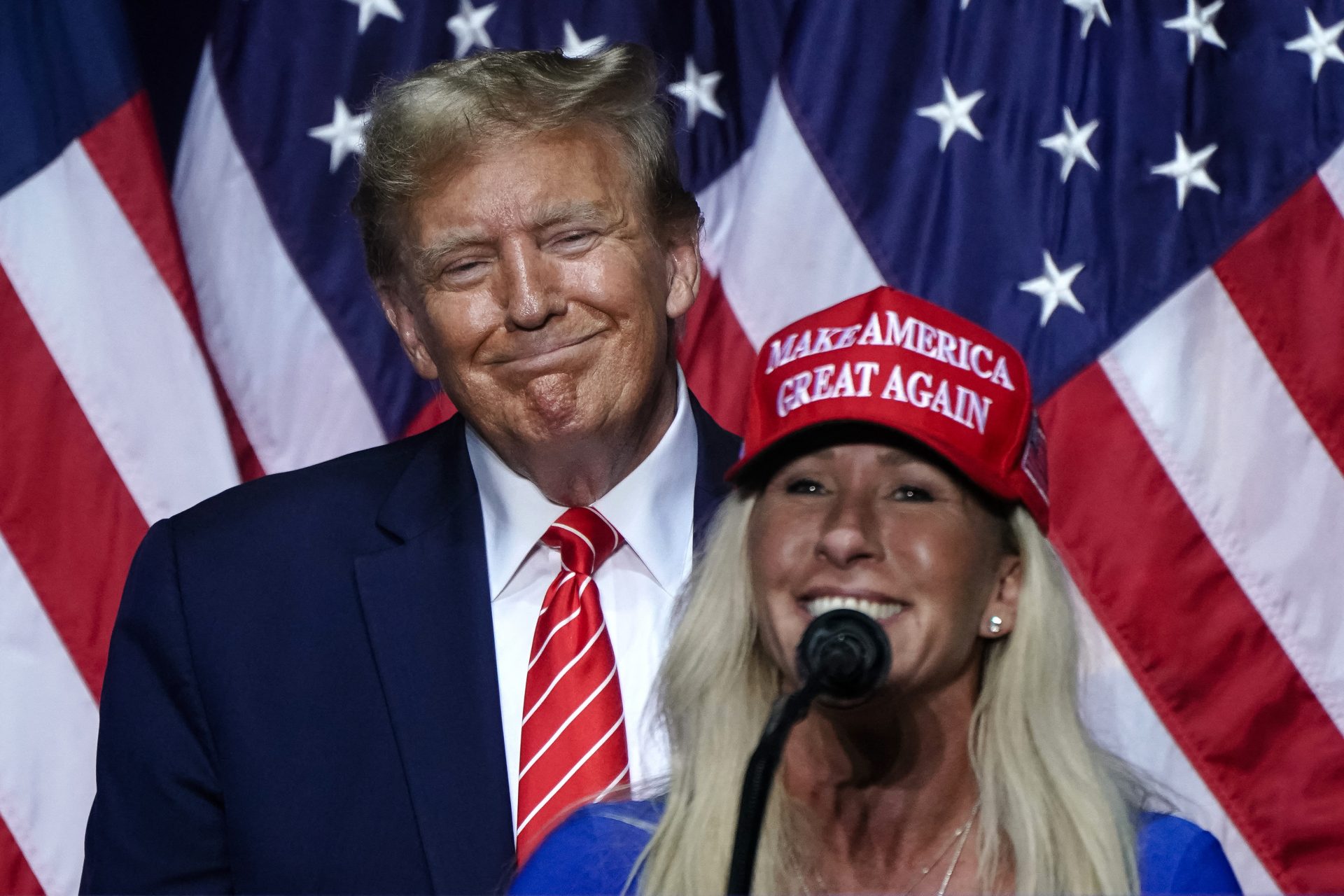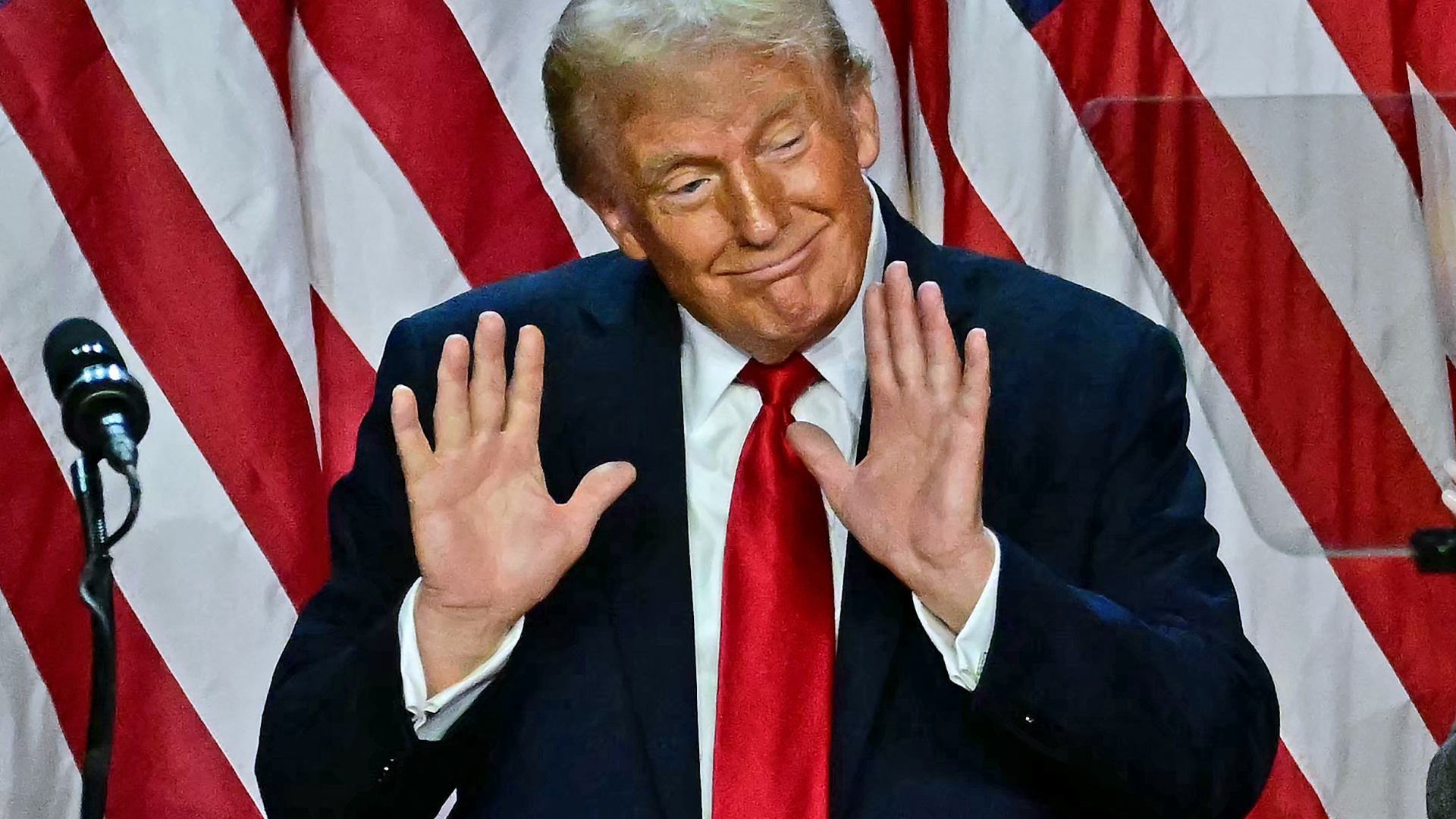Did Putin flee Moscow in the face of Wagner's march on the capital?
After almost a year and a half since he ordered the invasion of Ukraine, Vladimir Putin has seen how, in just 24 hours, the power he held (or seemed to hold) could easily slip away.
Over the weekend of the 23rd to 25th of June, the Wagner Group decided to rebel against the Russian president, shocking Russians and the world.
Led by Yevgeny Prigozhin, thousands of Wagner Group mercenaries marched towards Moscow, directly threatening the Russian leader.
Finally, the intervention of the President of Belarus, Aleksandr Lukashenko, paralyzed the march and moderated the withdrawal of the Wagner Group, which did not reach Moscow. But the damage was already done.
The 24 hours of rebellion by this group of mercenaries was a moment of great exposure and weakness for Russia.
According to the New York Post, the Russian president may have fled Moscow, before the more than likely arrival of the Wagner Group in the capital city.
As reported by the NYP, Vladimir Putin may have fled on the presidential plane heading northwest, that is, to the St. Petersburg area.
However, according to the BBC, the president's plane was no longer detected by radar when it was close to Tver, an area in which Putin owns vast rural land.
The head Wagner group accused the Kremlin of attacking his forces. On other occasions, Yevgueni Prigozhin complained that the Ministry of Defense did not send enough supplies to his mercenaries on the battlefield, causing many to die.
The UK Defense Intelligence Agency points to this moment of crisis as “the most important challenge for the Russian state in recent times”.
The UK Defence Intelligence Agency also noted that the loyalty of Russian security forces, especially the National Guard, would be critical in the future of the conflict.
Undoubtedly the events over the weekend must have left Putin shaking in his boots and caused him to realize just how quickly he could be ousted.
Yevgueni Prigozhin and his army, made up of 25,000 volunteers and freed convicts, put the supposed second strongest army in the world in check.
Furthermore, the fact that Moscow was compromised and threatened put many citizens on high alert.
Regarding the Wagner leader's decision, Putin said in a public statement: "It is a stab in the back for our country and our people."
Prighozin, for his part, said that the uprising was not a betrayal and that Putin was "deeply mistaken".
More for you
Top Stories





























